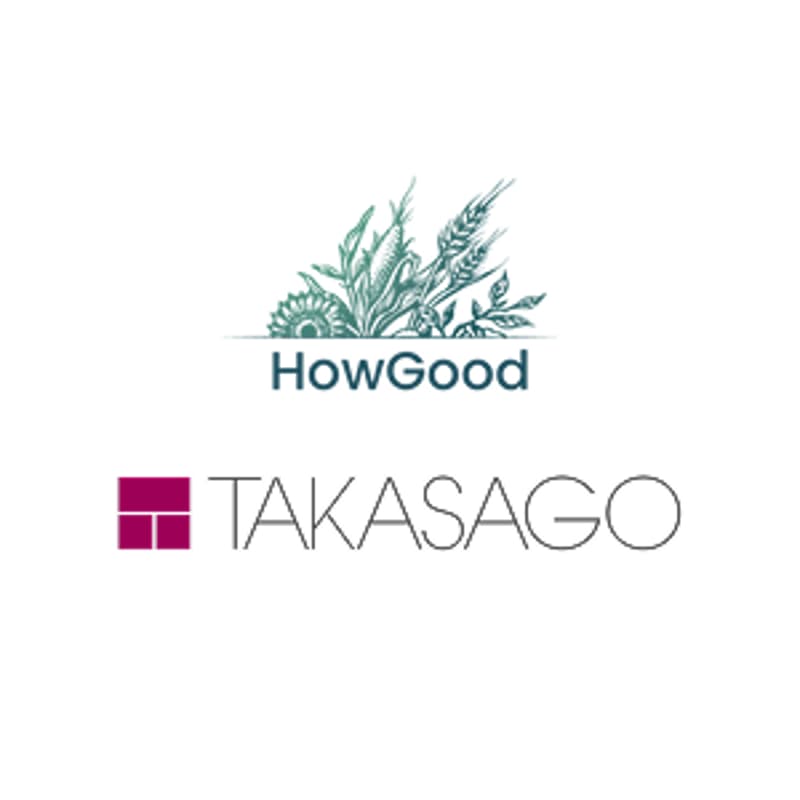

GHG Accounting for Complex Products: Measuring the Unmeasurable
One of the biggest challenges in GHG accounting is measuring the footprint of complex ingredients such as flavors and fragrances.
Often these ingredients are given proxy values by FMCG companies due to a lack of data from suppliers, which in turn are linked to the complexity of the 1000+ ingredients in a typical Flavor or Fragrance company palette.
However, research shows that these ingredients can be a key driver of the carbon footprint of the product formulation. A particular issue surrounds the carbon footprint of natural extracts where there is a lack of data, and the contribution can be significant due to the very low yields from their diverse manufacturing processes. For example, producing one kilo of jasmin absolute usually requires between 600-700 kilos of jasmine flower material, which means the carbon footprint of jasmin absolute can be among the highest across natural extracts.
In this webinar, HowGood and the flavor & fragrance company Takasago share the approaches they have taken and the lessons they have learned throughout a 2-year partnership to footprint hundreds of flavor and fragrance ingredients, including steam distilled patchouli oil, cold pressed grapefruit oil, and solvent extracted elemi resin.
You’ll walk away with insight into how one of the world’s largest flavor and fragrance suppliers is approaching GHG accounting for complex ingredients and how to deal with common challenges such as the lack of data, lack of research, accounting complexity, and high costs of Life Cycle Assessments (LCAs).
What you'll learn:
Strategies you can use to measure the footprint of complex products at-scale.
How to overcome common challenges such as lack of data and high costs.
How to communicate these footprints with integrity.
Speakers:
Jonathan Warr, Senior Vice President of R&D, Market Research, Regulatory Affairs, QC, Sustainability and Chair of IFRA-IOFI Sustainability Committee
JD Capuano, Head of Research at HowGood